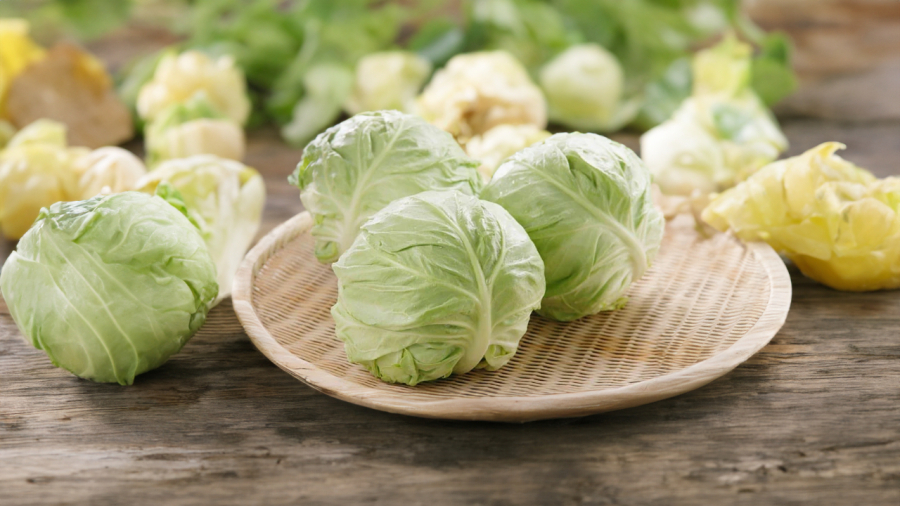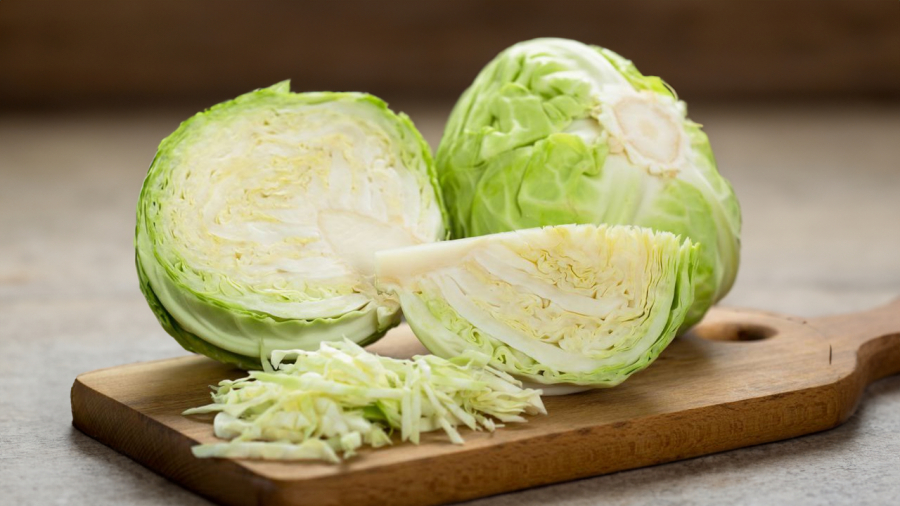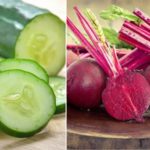Foods that should not be combined with cabbage
Cabbage is a familiar vegetable in the daily meals of Vietnamese people. This vegetable can be prepared in many different ways. No matter how you cook it, you should be aware that cabbage should not be combined with these 4 foods.
– Cucumbers
Eating cabbage and cucumbers together will affect the body’s ability to absorb vitamin C, reducing the nutritional value of both foods.
– Animal liver
Cooking cabbage with animal liver will affect the absorption of nutrients. In general, this combination will reduce the nutritional value of both foods.

– Apples
Purple cabbage combined with apples will also reduce the nutritional value of both foods.
– Bamboo shoots
Combining bamboo shoots with cabbage will increase the burden on the digestive system and hinder the body’s nutrient absorption.
People who should limit cabbage consumption
– Cold-bodied individuals
Cabbage is a cold food. People who are weak or have a cold stomach when eating cold food should limit their consumption of cabbage.
To reduce the cooling effect of cabbage, you should cook this vegetable with a little fresh ginger.
– Individuals with poor digestion
Cabbage contains a lot of fiber, which has a laxative effect. People with diarrhea should avoid eating this vegetable, especially raw cabbage, salads, pickled cabbage, etc.
Eating cabbage, especially raw cabbage, can cause bloating and fullness. Therefore, people with stomach pain or bloating should avoid eating raw cabbage. It is better to cook cabbage before eating.
People with constipation or urinary problems should also avoid eating raw cabbage or pickled cabbage. It is better to cook this vegetable before eating.

– Individuals with hyperthyroidism or goiter
Cabbage is a vegetable that contains glucosinolates – a substance with antioxidant effects. Under certain conditions, glucosinolates will be broken down into isothiocyanate and thiocyanate, causing thyroid disease. Therefore, people with hyperthyroidism or goiter should avoid eating cabbage.
In addition, cabbage also contains a small amount of goitrin. This substance has antioxidant effects but can also cause goiter.
Preparing Cucumbers: Benefits, Risks, and Tips for Avoiding Bitter Taste
Adding cucumbers to the kitchen is more than just improving the flavor and appearance of your dishes. In this article, you’ll gain insight into the various advantages and disadvantages of using cucumbers in the kitchen.





































